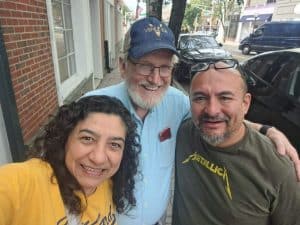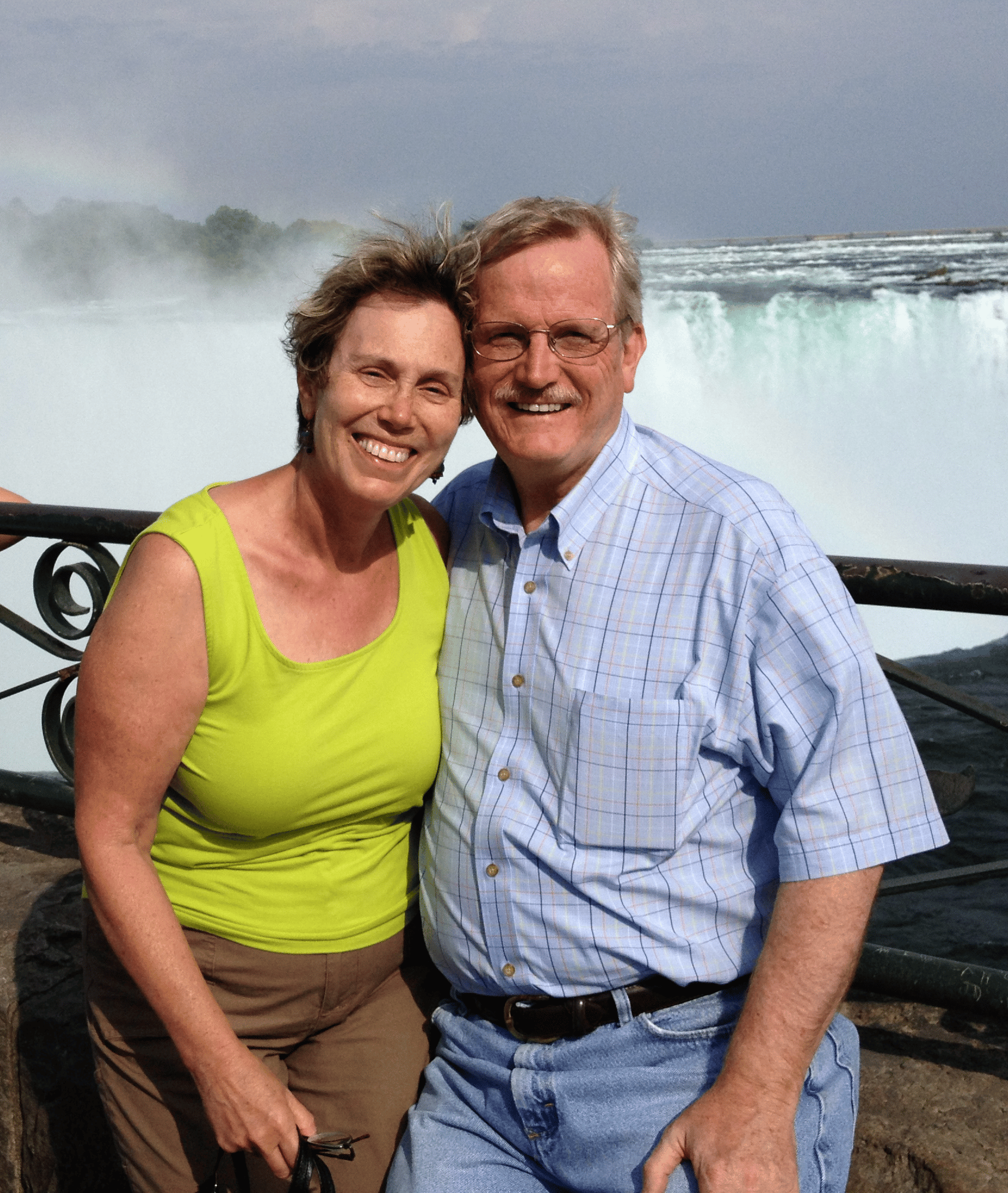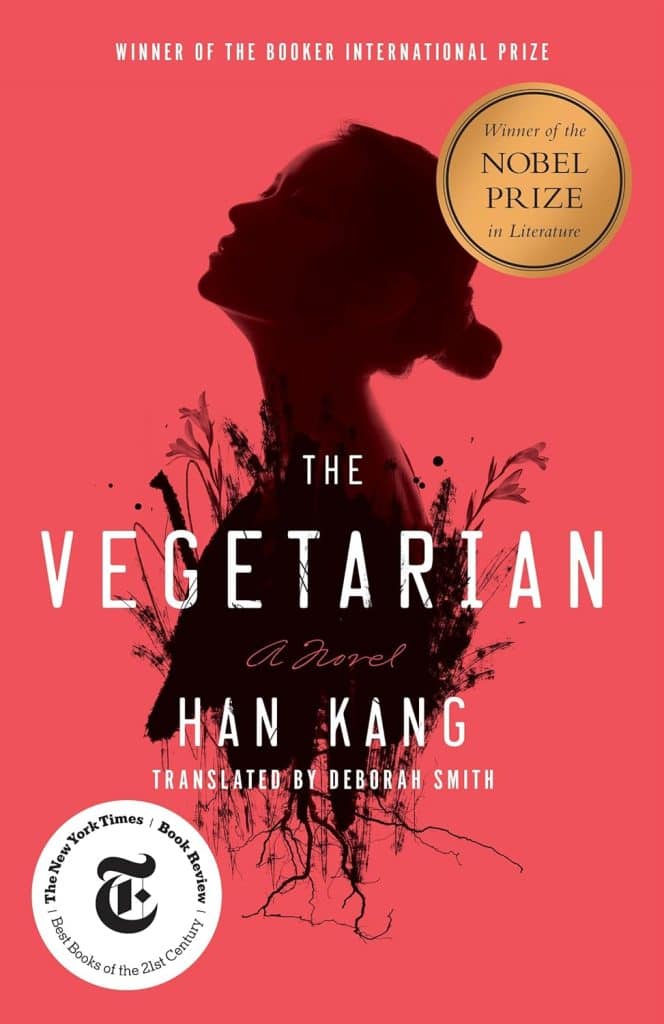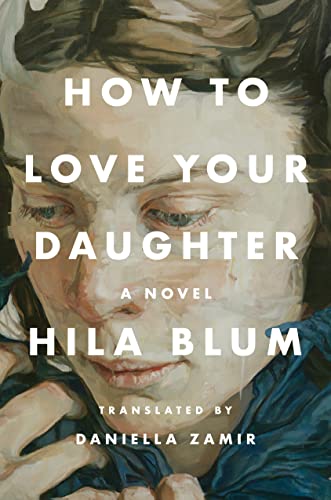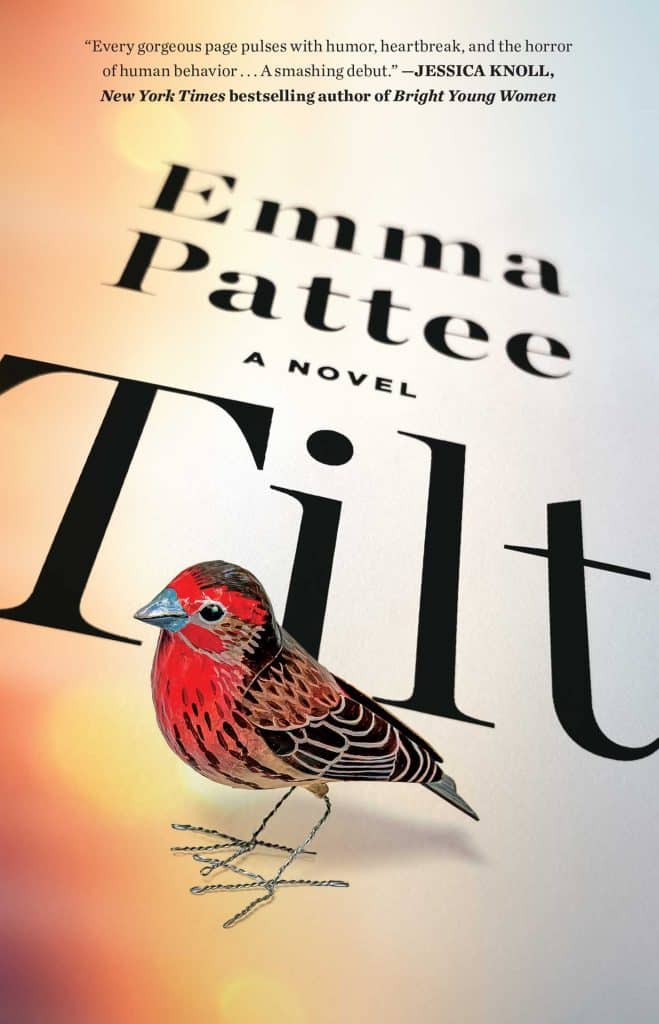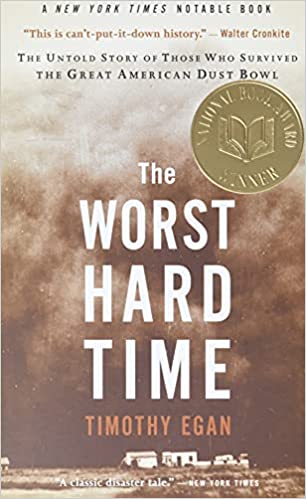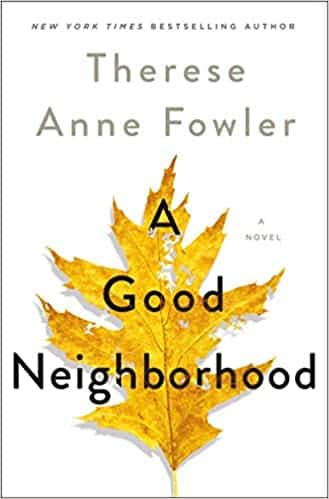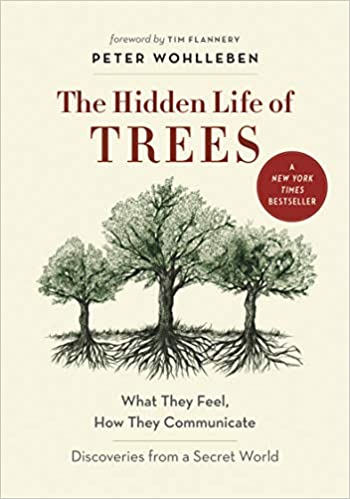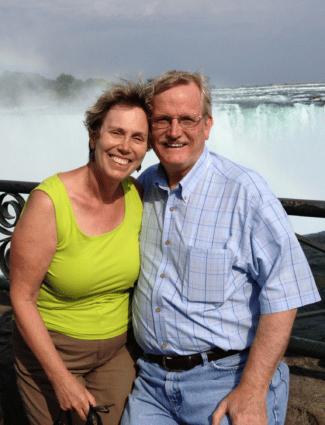
How Can I Be a Joyful Widow?
Choosing Joy Despite Loss is the Only Way!
Estimated reading time: 2 minutes, 32 secondsSince becoming a widow almost forty-one months ago, many have stopped asking me how I find joy after such a loss. However, the unspoken question of how I can feel joy still lingers among friends and foes alike. Each day, as I walk, I make it a point to greet everyone with a cheerful “Good morning, have a nice day.”
Even in the early days following my wife’s passing, I continued to share this greeting, even when feeling far from capable of having a lovely day myself. One day, a dog walker I often encounter remarked, “You exude such positivity and joy. I need to hear your encouraging words more often.” These words, and others like them, have been a crucial part of my journey. While I may not consider myself a source of wisdom or endless happiness, I understand that joy conquers sorrow. Through my experience of loss, I have learned to embrace, feel, and spread joy I never thought possible after my wife died.
In the wise words of Madeleine L’Engle, she once said, “If we aren’t capable of being hurt, we aren’t capable of feeling joy.” The profound love that Jan and I shared demanded complete vulnerability and openness. Our trust in each other meant there was always the potential for pain and healing. Despite inadvertently causing each other hurt at times, our primary aim was always to provide comfort and support. While we never pursued joy as an objective, it invariably blossomed due to our firm and enduring connection.
After reading today’s issue of The Marginalian, titled “The Paradox of Joy, with a Nick Cave Song and a Lisel Mueller Poem,” I found the discussion about joy empowering. Editor Maria Popova wrote, “Nick Cave, who has experienced unimaginable loss, addressed the paradox of joy in the 300th edition of his excellent journal, The Red Hand Files.”
Cave writes,
I have a full life. A privileged life. An unendangered life. But sometimes the simple joys escape me. Joy is not always a feeling that is freely bestowed upon us, often it is something we must actively seek. In a way, joy is a decision, an action, even a practised method of being. It is an earned thing brought into focus by what we have lost — at least, it can seem that way.
As a widow, I prioritize joy over misery throughout my daily life. It is how I grieved; this choice impacts my attitude as I walk, read, write, worship, and volunteer. Although it wasn’t easy at first, I’ve understood that experiencing joy is a skill I can cultivate. While my daily routines seem like mere habits or rituals, they serve as guiding principles that enable me to navigate life and determine how I want to spend my time. My commitment to joy isn’t just for my benefit but also serves as a message I aim to share with everyone I encounter.


